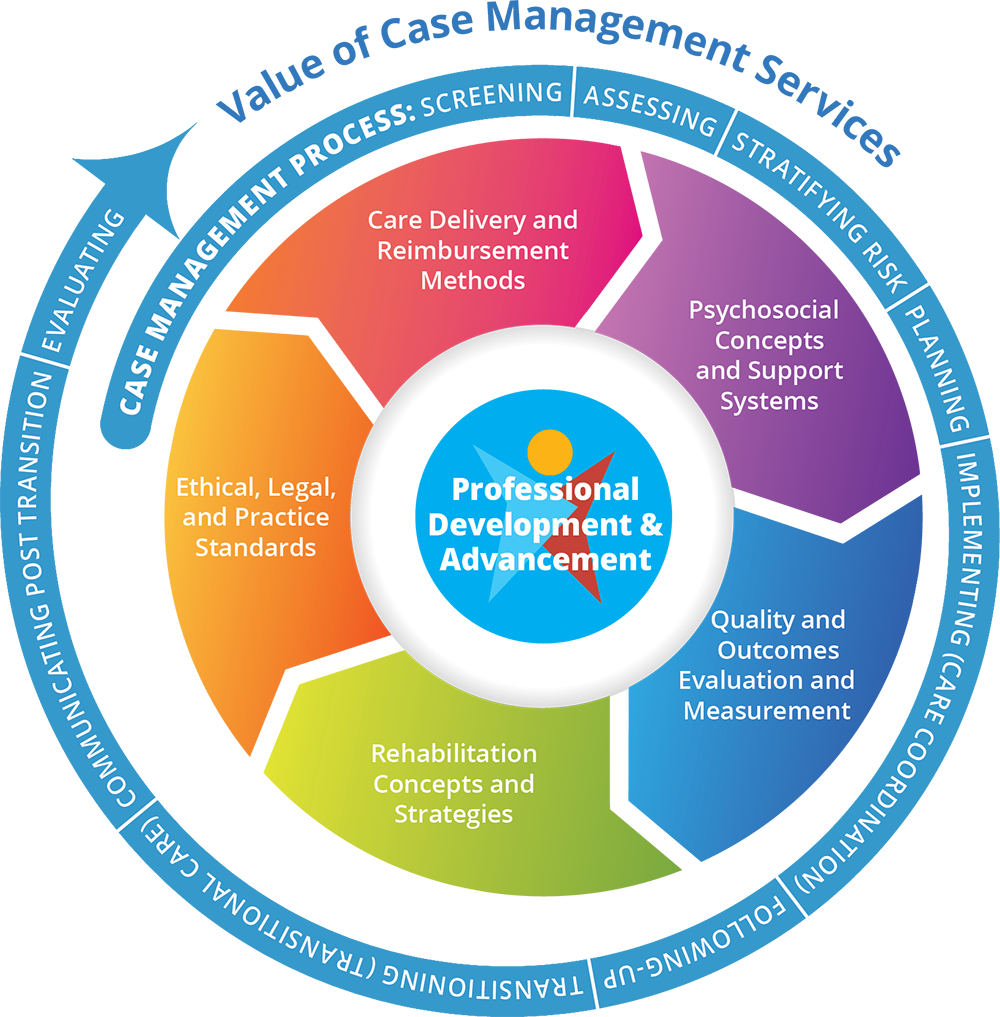There is no cure for COPD. But the good news is that there are medicines that can reduce your symptoms,
reduce the number and severity of exacerbations, and improve your ability to exercise. This flashcard outlines
the different medications your healthcare provider may prescribe for you.
Inhaled Bronchodilator Medications
These medicines improve lung function. They act by opening up your airways so you can breathe better. They may also improve exercise performance. Bronchodilators are most often given on a regular basis to prevent or
reduce symptoms.
There are 2 different types of bronchodilators:
- Beta2-agonists relax airway muscle. They can either be short-acting beta2-agonists (SABAs), lasting about 4 to 6 hours and used only when needed for quick relief, and long-acting beta2-agonists (LABAs), which last 12 hours or more
- Anticholinergics stop the airways from tightening and clear mucus away from the lungs. The combination of open airways and mucus clearing with anticholinergics allows you to cough out mucus more easily, getting needed relief
Inhaled Corticosteroids
These anti-inflammatory medicines reduce swelling and mucus production in the airways, making it easier to breathe. They may be combined with a long-acting beta agonist to improve lung function and health, and to
reduce exacerbations.
Combination Medicines
Some medicines combine 2 different types of medicines in the same inhaler. Common examples of drug combinations are a SABA plus a short-acting anticholinergic, a LABA plus an inhaled corticosteroid, or a long acting beta2-agonist plus a long-acting anticholinergic. These combination medicines may open up your airways with a lower risk of side effects compared to increasing the dose of a single bronchodilator.
Oral Corticosteroids
These medications are used during a COPD exacerbation. They may be used for a short duration to help to improve lung function and shorten recovery time.
Antibiotics
Patients sometimes have COPD flare-ups caused by a viral infection (such as a flu or a cold) or a bacterial infection. Antibiotics fight bacterial infections and keep them from getting worse. Antibiotics may also reduce
the risk of exacerbations in patients prone to having them.
Phosphodiesterase-4 (PDE4) Inhibitors
PDE4 inhibitors reduce inflammation and may reduce moderate and severe exacerbations in patients already
being treated with corticosteroids.
Mucolytic Agents
These drugs help thin mucus from your airways. If you are not taking an ICS, regular treatment with mucolytics may reduce your exacerbations and slightly improve your health status.
The choice of medication is individualized to each patient by the doctor. The medication choice is based on your
symptoms and your risk for having an exacerbation of COPD in the future.
Other treatment options for severe COPD include:
Oxygen Therapy
If you have very severe COPD, you may have low levels of oxygen in your blood. This prevents your cells from getting the oxygen they need. Oxygen therapy gives your body extra oxygen. It works by placing a mask over your nose and mouth or by putting tubes in each nostril. The mask or tubes are attached to an oxygen tank.
Surgery
Surgery is a last resort for people with severe COPD symptoms that have not gotten better even with medicines. Types of surgery you may hear your doctor talk about are lung volume reduction surgery, bullectomy, or lung transplant.
Next page: Medication Administration for COPD, Asthma, and Severe Asthma

